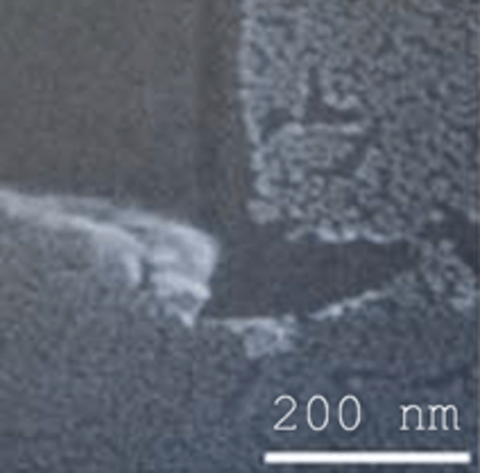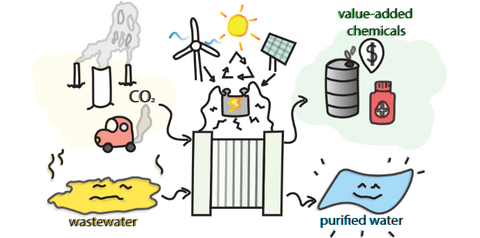New partnership brings Waterloo innovations to Japanese market
The Waterloo Institute for Nanotechnology (WIN) has partnered with Japanese accelerator Landing Pad Tokyo (LPT) to bring University of Waterloo developed technologies to the Japanese market.
“The goal of this partnership is to help Waterloo companies enter the Asian market, and to accelerate the research and development of new technologies through partnerships with Japanese businesses,” said Sushanta Mitra, Executive Director of WIN.










